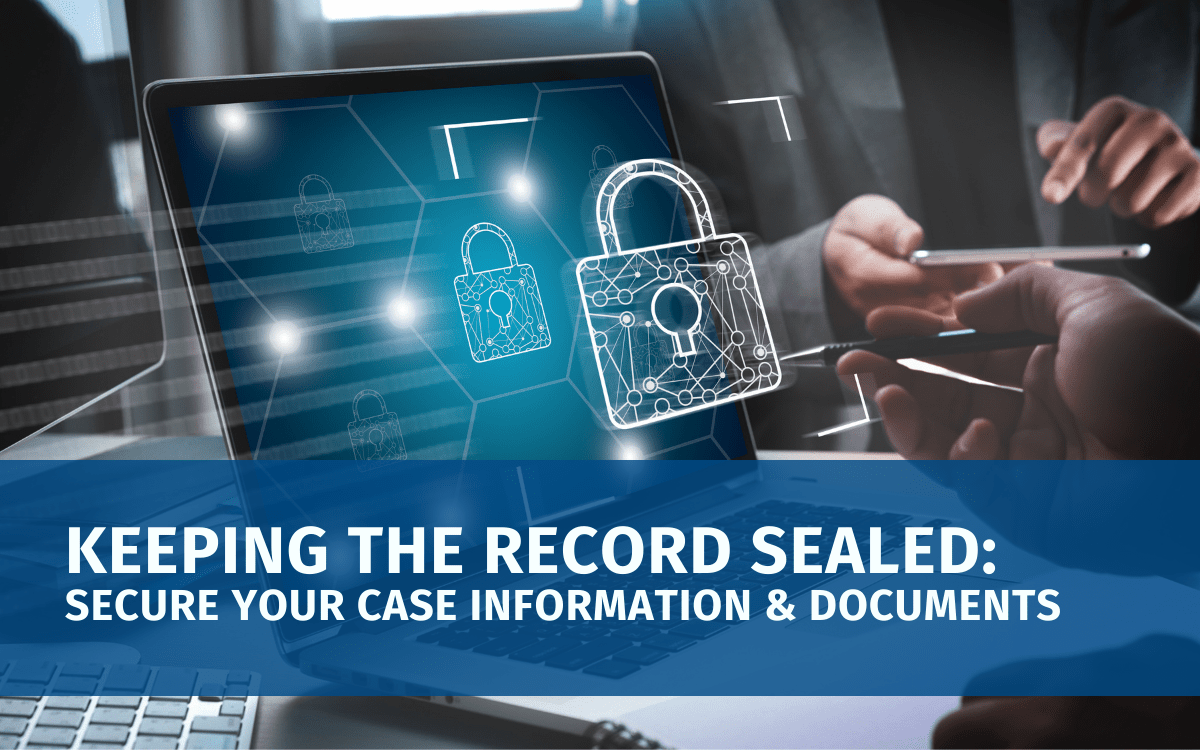Whether you work from home or in an office building, you have invaluable information on your computer, and somewhere, someone nefarious would love to get at that information. At a time when so many work from home, it is vital to keep up with security protocols which protect company and client information. Here are some easy-to-incorporate security precautions to take to ensure your information remains safe in 2023 and beyond: to secure your home office setup, start by using strong, unique passwords for all your accounts and consider implementing two-factor authentication for an extra layer of protection. Regularly update your software and operating systems to patch any security vulnerabilities. Additionally, invest in a reliable VPN to safeguard your internet connection, ensuring your data remains private while working remotely.
VPN – You need a Virtual Private Network (VPN) to protect all your information and activity. This is easy to download. Even if you don’t need access to company-shared drives to do your work and don’t connect to the VPN every day, you should at least occasionally connect to it, so updates can be pushed to your computer.
Phishing Scams – They’re still out there and smart people fall into them all the time. Newsflash, these little scams will never go away, because they work. But you can make sure they NEVER work on you. Remember to regard with suspicion any email appealing to your curiosity, fear or greed – “Act NOW, or forever lose out on the chance to win $5,000!” and other such baloney. Delete these emails and don’t give them a second thought. Make a habit of asking yourself four questions before clicking on any links in an email:
- Do you recognize the name and address of the sender?
- Is the sender sending from a personal email address when it should be a company email?
- Is your email address listed in the to line?
- Does the message appeal to your curiosity, fear or greed?
You can also verify any suspicious link in an email by hovering your cursor over the link to reveal the address (use your finger on a mobile device for the same result). The bottom line is to take a second look, and if it looks suspicious, just don’t click!
Passwords, People! Make yours ironclad, change it regularly, and store it in a safe place. Best practices for superior password creation include these six essentials:
- Do include 12 or more characters in your password
- Do follow your organization’s password policies
- Do include both upper-case and lower-case letters
- Don’t use a simple single word password
- Don’t use the same password between different systems and sites
- Don’t use keyboard sequences (e.g., “qwerty” or “hjkl;”)
The mnemonic phrase password consists of a phrase that’s easy for you to remember. Think along the lines of a favorite movie quote. For example, “You can’t go through life crying all the time. It annoys people in the movies.” (The Odd Couple, if you’re wondering.) You say the phrase out loud while typing just the first letter of each word, capitalizing at least one – Ycgtlcattiapitm. Throw in a number, say 68, for the year the film was released, and a symbol, and you’ve got a solid password – Ycgtlcatti@pitm68.
The passphrase method is a good one, too. Here you type out the whole phrase, for example, “hesagoodfellahesoneofus.” Add your number, a symbol, capitalize something, and bada bing, bada boom, you’re all set with your password – hesaGoodfella!hes1ofus.
Security Patches – These patches, regularly installed on your computer, protect your company and its systems from cyber threats. Security patches are pushed to your computer behind the scenes, but you will need to restart your computer for some of them to take effect. Restart your computer at least once a month to ensure maximum protection with security patches.
Physical Safety – Just like any other valuable, you need to keep your laptop, phone, or any device with confidential information on it safe from prying eyes and deft fingers at all times. When you are traveling, don’t leave these items in your car or hotel room unsecured. Utilize the hotel room’s safe or lock it in your luggage and put the “Do Not Disturb” sign on your door. If you’re in public, don’t leave your laptop unattended, even to grab a napkin. Remember it takes only seconds for someone to snatch your laptop and take off with it.
Security is a top concern in legal matters. Planet Depos’ systems and practices keep clients’ privileged information completely secure from the first contact through password-protected remote depos to delivery of highly confidential files. For more helpful tips, check out the Planet Depos blog. To schedule your next proceeding, contact Planet Depos at scheduling@planetdepos.com, or schedule online.
Whether you work from home or in an office building, you have invaluable information on your computer, and somewhere, someone nefarious would love to get at that information. At a time when so many work from home, it is vital to keep up with security protocols which protect company and client information. Here are some … Read more





